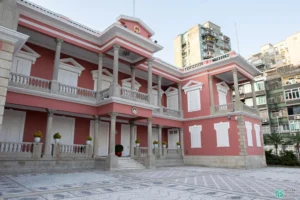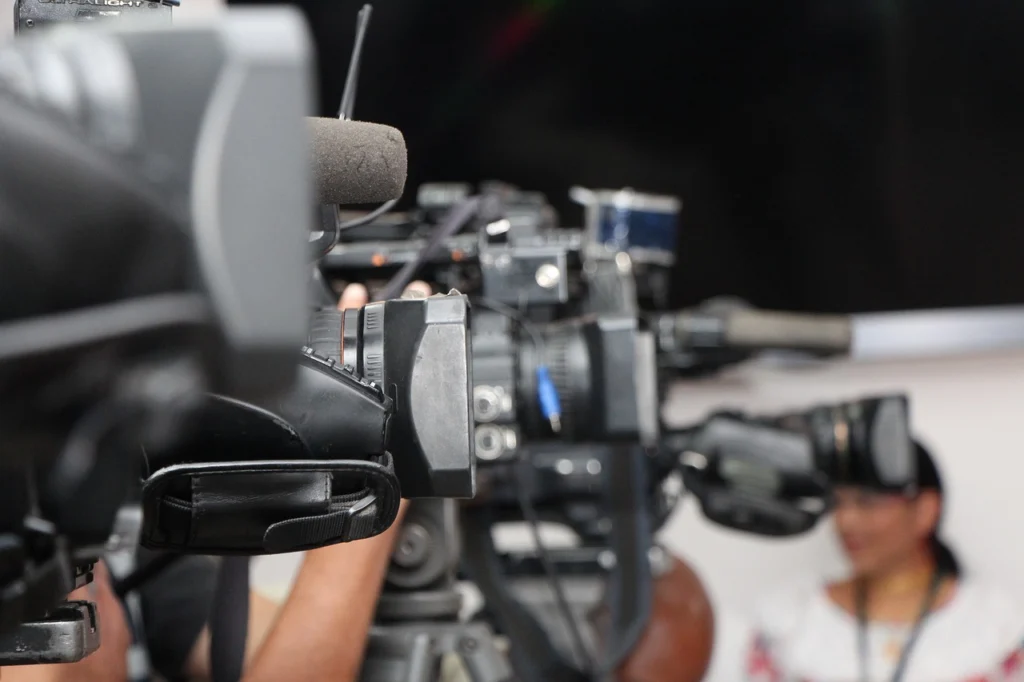Since the new Macau government took office in December, the group of Chinese-language journalists “has observed a growing number of official events being held behind closed doors, significantly reducing opportunities for journalists to directly interview the Chief Executive, secretaries, and other senior officials,” the AJM said in a statement.
“More than 90 per cent of government-related information is now released through press statements or post-event remarks,” it warned, voicing concern that “this passive and regressive communication approach” may become the new norm.
As such, the association reiterated the need for the government to “honour its commitment to respect press freedom” and called for “concrete action”: namely, more open engagement with the public and the media “with greater confidence”, so the community can better understand government policies and decisions.
In the statement, published on social media, the AJM listed several official events that went uncovered by the press, including “several of the Chief Executive’s major visits.” It also noted that during a community event on the fourth day of the Lunar New Year, only “two government-aligned media outlets were notified.”
At several other events “attended by secretaries, no media invitation was issued.” “Such a scenario is unprecedented in over two decades since the MSAR [Macau Special Administrative Region] was established,” the statement added.
This marks the second time in a matter of months that the AJM has raised the alarm over obstacles faced by media professionals. In November, the organisation condemned what it described as the “serious deterioration” of press freedom in the territory and urged authorities to lift the “excessive restrictions” imposed on journalists, particularly in relation to access to press conferences.

The association has once again questioned the “unjustified exclusion” of “local monthly magazines and online media” from covering official events that “frequently involve” senior officials.
These “discriminatory practices”, it argued, have been defended by the Government Information Bureau with “unconvincing explanations” – such as venue space limitations – and the department has “suggested journalists ‘watch the live stream’ of events instead of attending in person.”
“Such responses raise serious doubts about the integrity of the competent authorities and their understanding of the role of journalism,” the association stated.
A “comprehensive analysis of recent developments”, the AJM added, would reveal a “systematic deterioration” in media access to official events.
What journalists require, it concluded, “is not speeches or statements”, but unrestricted access to such events, “where they can hear the voices of all stakeholders, interact directly with decision-makers, and gain a clear understanding of the reasoning and direction behind current public policies.”
In late October, Legislative Assembly member Ron Lam also raised the issue in a formal question to the government, pointing to “unnecessary and unreasonable restrictions” on media participation in press conferences and official engagements. Alongside the Macau Journalists Association, four other journalist associations are active in the SAR.
At a meeting with heads of Portuguese and English-language media outlets in January, Chief Executive Sam Hou Fai reaffirmed that press freedom is guaranteed under Macau’s press law. He added that the government supports journalists “in the proper fulfilment of their duties, in news coverage and access to information, actively cooperating in the efficient exchange of information between public departments and the sector.”
Plataforma with Lusa



